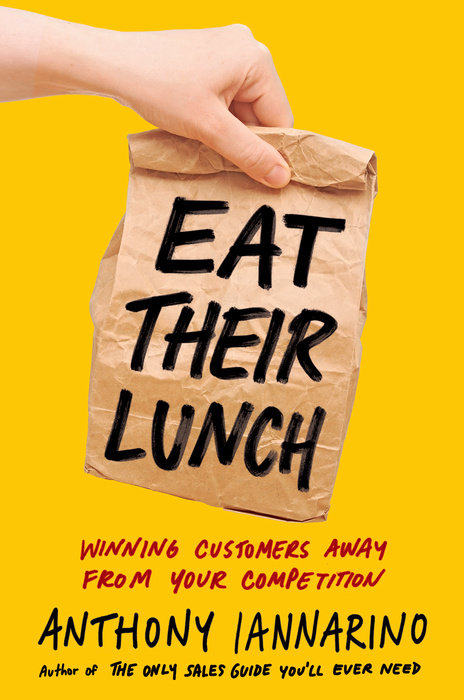In business-to-business sales, selling effectively now requires that you have business acumen and situational knowledge (something like experience). Your goal should to be a 52% subject matter expert as it pertains to your company’s products and solutions (and that percentage should improve over time) and a 100% subject matter expert at the intersection of your industry and your client’s industry. It would be best if you had information disparity, which means you know more than your clients or prospects. What is contained and conveyed to you in this paragraph is no longer optional, and it hasn’t been for a long time now.
To become a subject matter expert, you need to pay attention to the trends in your industry, infusing what you know into your sales conversations. A lack of knowledge will undermine your goal of creating opportunities, creating a preference, and win your dream client’s business or your existing client’s new initiative. Gaining that expertise means studying.
If you want to be relevant, you need to read, collect, study, and synthesize.
Reading
It is not possible for you to be a subject matter expert without reading. You may have plenty of experience in your industry, and you may have even more experience in a sales role. However, without being able to speak to the trends that are now impacting your dream client’s business (or soon will be), short of finding them already inclined to change, you will struggle mightily to create a case for change.
You are reading to gain knowledge and bank insights.
You have to read the newspapers (an unusual word to still use now that much of our news comes from online sources). The New York Times and the Wall Street Journal are excellent sources, as both cover business, economics, and politics. The New York Times does more reporting on science and technology and health, helpful trends in some verticals.
Online sources are also helpful, but stay away from the purely political outlets, something that seems to plague all news sources now, but some are pure opinion-shaping as it pertains to politics (a good enough reason to avoid them–and the negativity that can infect you with the same over time).
By reading widely, you will find trends that are going to help you make a case for change and shape how your client views their world and their choices. An aversion to reading will stunt your growth as a salesperson.
Note: Reading here might also include listening and watching.
Collecting
It isn’t enough just to read. You also have to start collecting proof that what you say is true and how it shaped your views and values about the decisions you help your clients take.
When you tell your client something, it’s your opinion. What you say might be suspect because your prospect recognizes your intention is is to sell them something. However, when Gartner says something is true, it’s true. When CNBC reports it, it’s a fact. By collecting third-party proof and data, you are banking insights and ideas for the future.
Win customers away from your competition. Check out Eat Their Lunch
Studying
You must know more than your clients, which is the prerequisite for them choosing you as their strategic partner. When you know a scant more than your client, there is too little disparity for you to be compelling.
What do you believe should be compelling your client to change? What change should they be making? Why is one choice better than some other? What has your reading and studying taught you?
Marketing can help you with the slide decks and some insights, but if you are not working on developing the business acumen and situational knowledge yourself, you cannot be a real subject matter expert.
Synthesize
You must develop a theory of why it is more difficult for your client to produce the results they used to have no trouble generating in the halcyon days of yesteryear.
You don’t have to be a college professor or something resembling a researcher at a prestigious think tank (although it wouldn’t hurt you to have enough subject matter expertise that you might be confused for one). You do, however, have to synthesize what you read, listen to, watch, and study. The synthesis allows you to make connections between ideas, trends, and all the factors that change over time–and force your client to change along with them.
Bank your insights, building an arsenal of information that informs your views, your values, and your recommendations–and that will help you do the same for your clients.








.jpg?width=768&height=994&name=salescall-planner-ebook-v3-1-cover%20(1).jpg)


